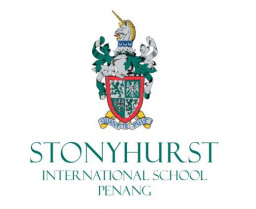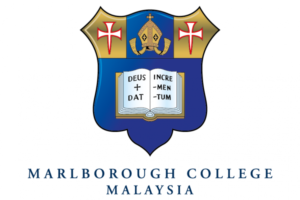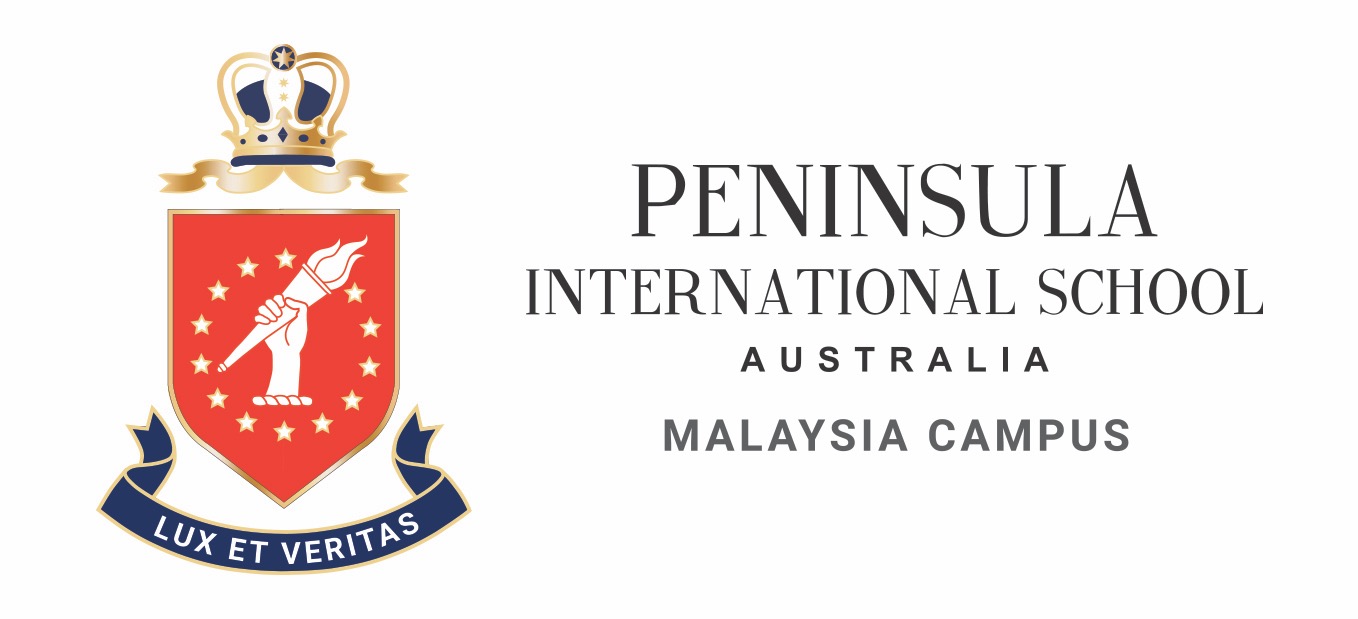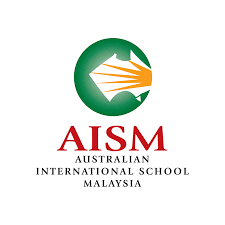Programmes
Programmes
IGCSE +
IGCSE
The International General Certificate of Secondary Education (IGCSE) is a similar academic qualification, generally taken by pupils in secondary schools in England, Wales, Northern Ireland and other British territories. Generally, a number of subjects are to be taken by each student, and the result of each subject entails its own stand-alone qualification. This curriculum is typically completed by students aged 15 to 16, and involves two years of study.
Typical subjects offered from GCSE

Mathematics




Biology
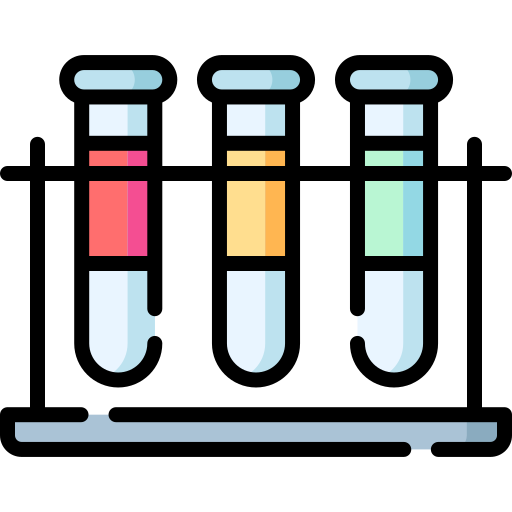



Chemistry



Physics


Art




Computer Science


Design & Technology


Geography



History




Music


Physical Education




Drama



Business Studies


Mandarin
A-Levels
Advanced level qualifications (known as A-levels) are subject-based qualifications that can lead to university education as well as other further-study, training or working opportunities. Students typically take three or more A-level subjects at the age of 16 to 17, and the curriculum is usually completed in the course of two years. Assessment is mostly comprised of a series of examinations.
While students could have the freedom to choose any three subjects of their choice, please be reminded that their subject choices would, in turn, affect their chances of getting accepted into their desired programs. Some university programs require certain A-level subjects as prerequisites, as these subjects could provide a knowledge-base and skill-set essential in preparation of undergraduate studies.
Typical subjects offered from A-Levels



Mathematics




Biology


Further Mathematics




Chemistry



Physics




Computer Science


Accounting



Business Studies


Economics


Law



Psychology
Schools offering GCSE/A-Levels
Advanced Placement (AP) courses offer students the opportunity to do college-level work while having the support of a high school environment. As such, students can get college credit for the class if they have successfully passed the AP exam, thereby giving students a head start when entering university. Apart from a traditional class format, students may also opt for independent learning.
Typical subjects offered from Advanced Placement (AP)



World History


United States History
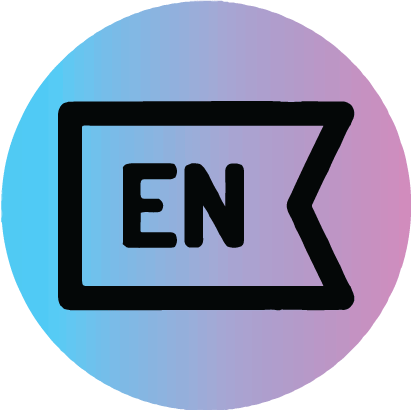



English Language and Composition



English Literature and Composition



Psycology
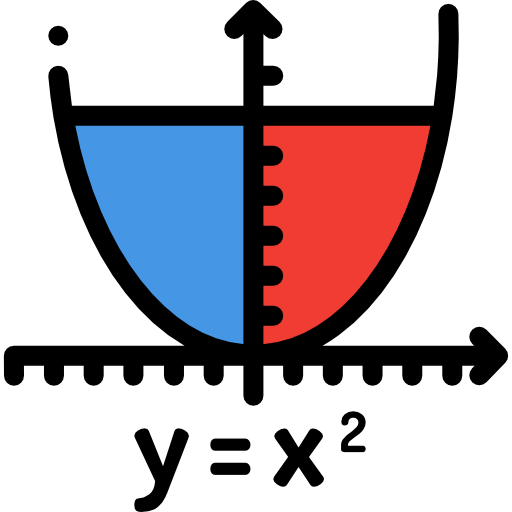

Calculus AB
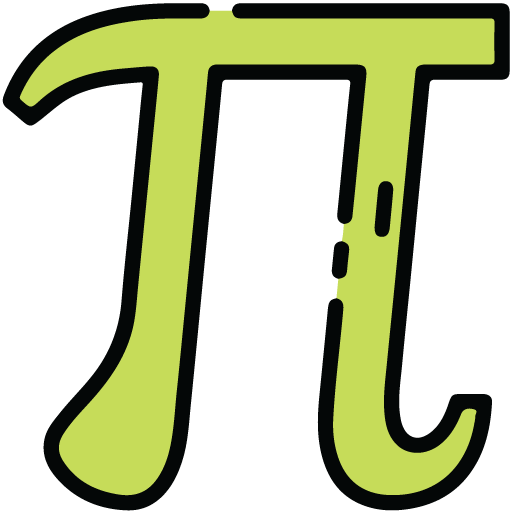

Calculus BC




Biology




Chemistry
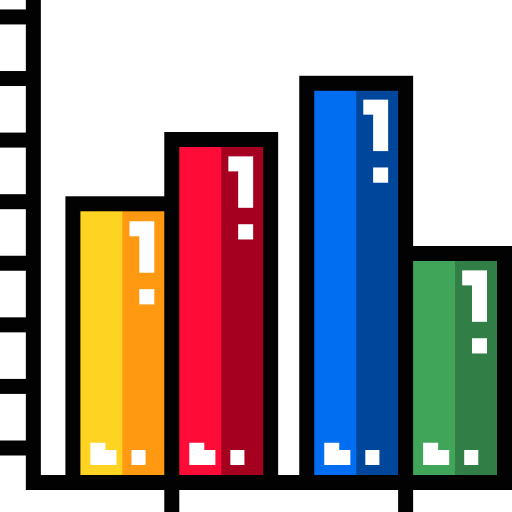

Statistics


Human Geography




Computer Science
Schools offering Advanced Placement (AP)
The IB is a globally recognised high school curriculum run by the International Baccalaureate Organisation (IBO), an independent not-for-profit organisation based in Switzerland.
There are four programs catering to students from ages 3 to 19, but the one that students can use for university application is the IB Diploma Program (DP), which is a two-year course students take in their final two years of high school.
The Diploma Programme (DP) curriculum is made up of :
A. Six subject groups
Subjects, or courses, are chosen from the following six groups:



Studies in Language and Literature
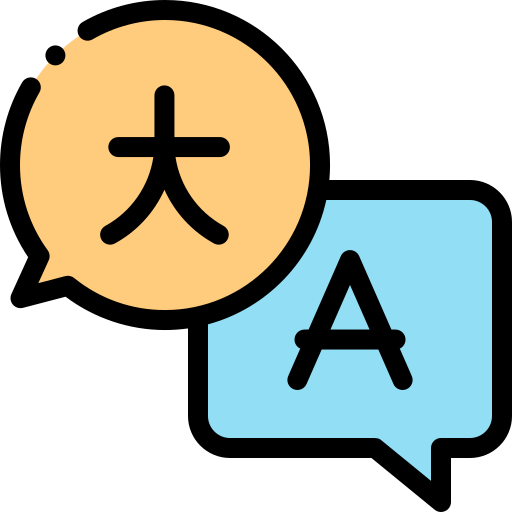

Language Acquisition


Individuals and Societies
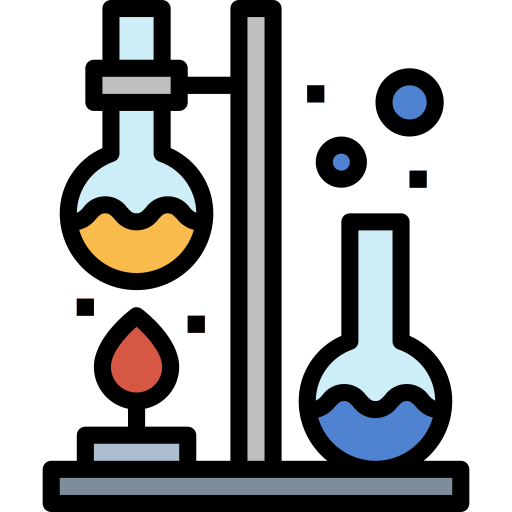

Experimental Sciences


Mathematics and Computer Science




The Arts
B. DP Core
Three core compulsory components (completed independently by students while monitored by trained supervisors):
- Creative, Action, Service (CAS): Students to complete a range of activities outside the classroom that are designed to help them develop on a personal level.
- Theory of Knowledge (TOK): Students to reflect on the nature of knowledge, and on how people know what they claim to know.
- Extended Essay (EE): Students to write a mini-thesis under the supervision of an advisor (an IB teacher at their school).
Schools offering International Baccalaureate (IB)
Senior Secondary
SSCE is the graduation certificate awarded to students in Australian high schools. Students completing the SSCE are usually aged 16-18 after their two years schooling in Year 11 and 12.
The curriculum, assessment and name of the SSCE is different in each state and territory. The government of each determines these themselves, although the curriculum must address mutually agreed national competencies. For instance, Australian International School Malaysia (AISM) offers the High School Certificate (HSC) whereas Peninsula International Schools Malaysia offers the Victorian Certificate of Education (VCE)
Subjects offered from HSC and VCE




English
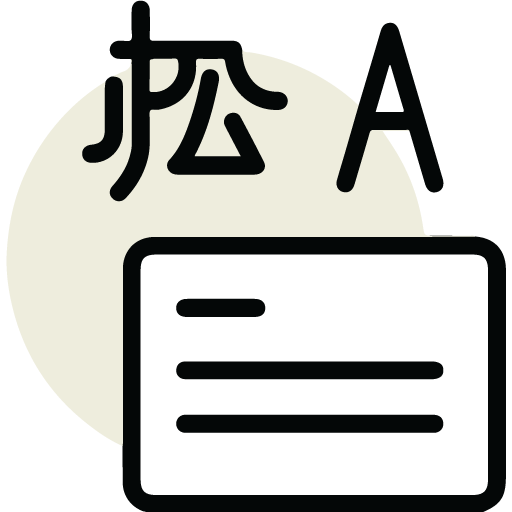


Foreign Language



Humanities and Social Sciences



Health and Physical Education




Visual Arts




Music




Drama



Commerce




English



Foreign Language



Humanities and Social Sciences



Health and Physical Education




Visual Arts




Music




Drama



Commerce
Schools offering Senior Secondary Certificate of Education (SSCE)
More Information


Find A School


Destinations




